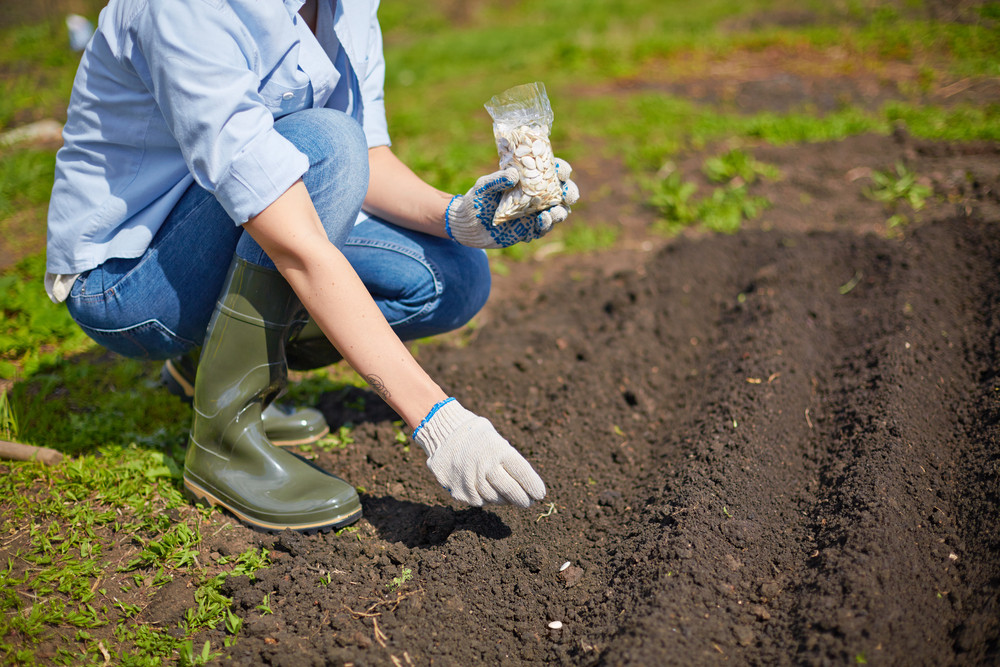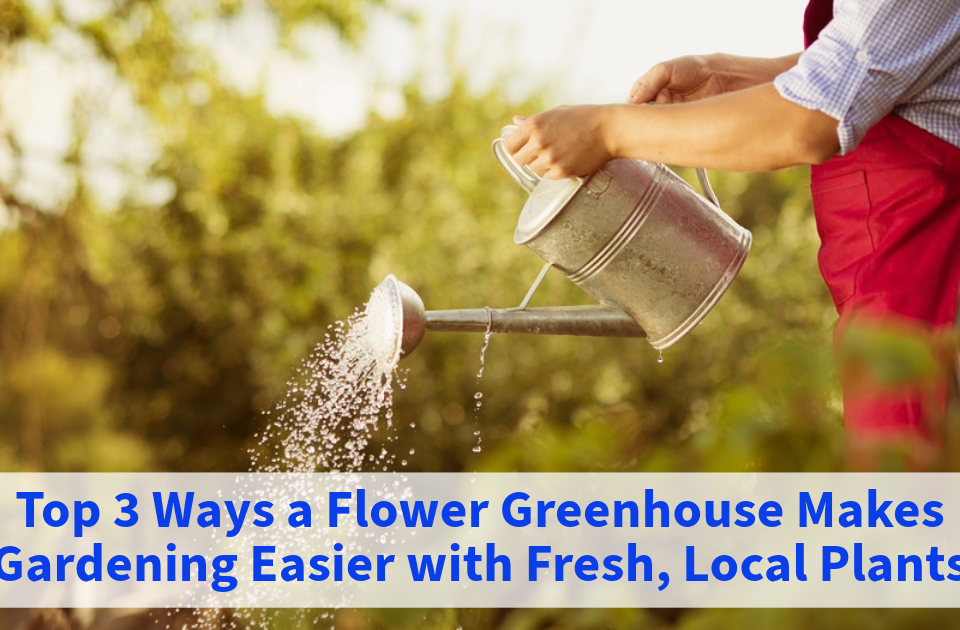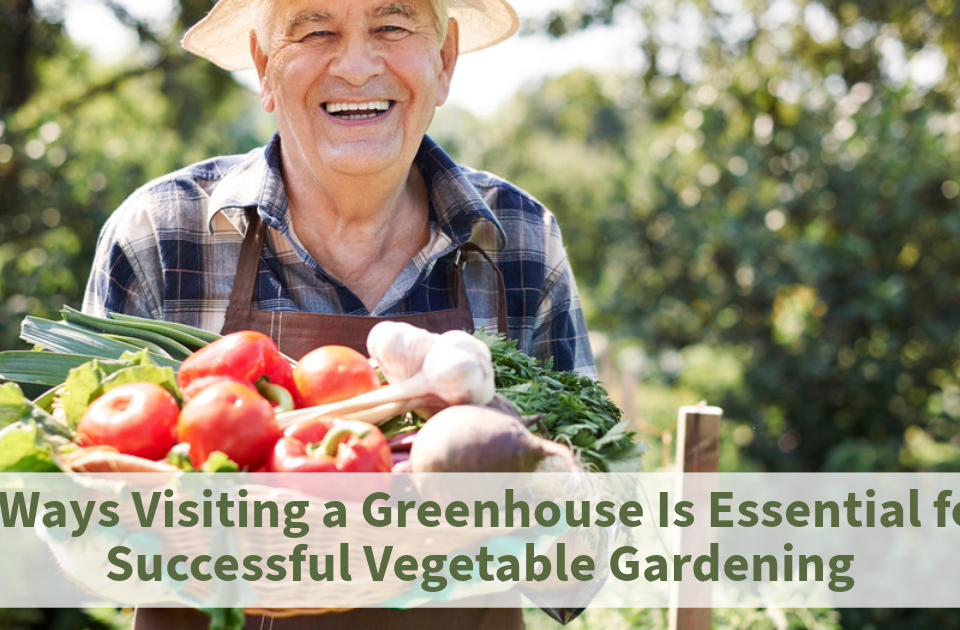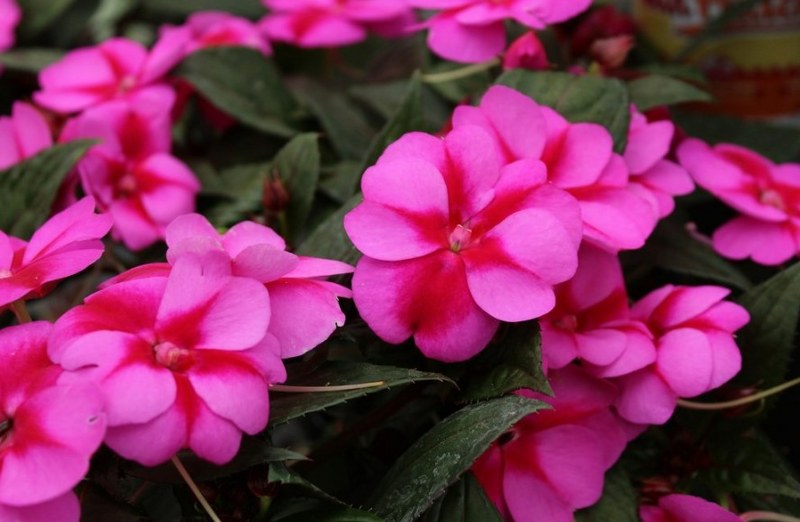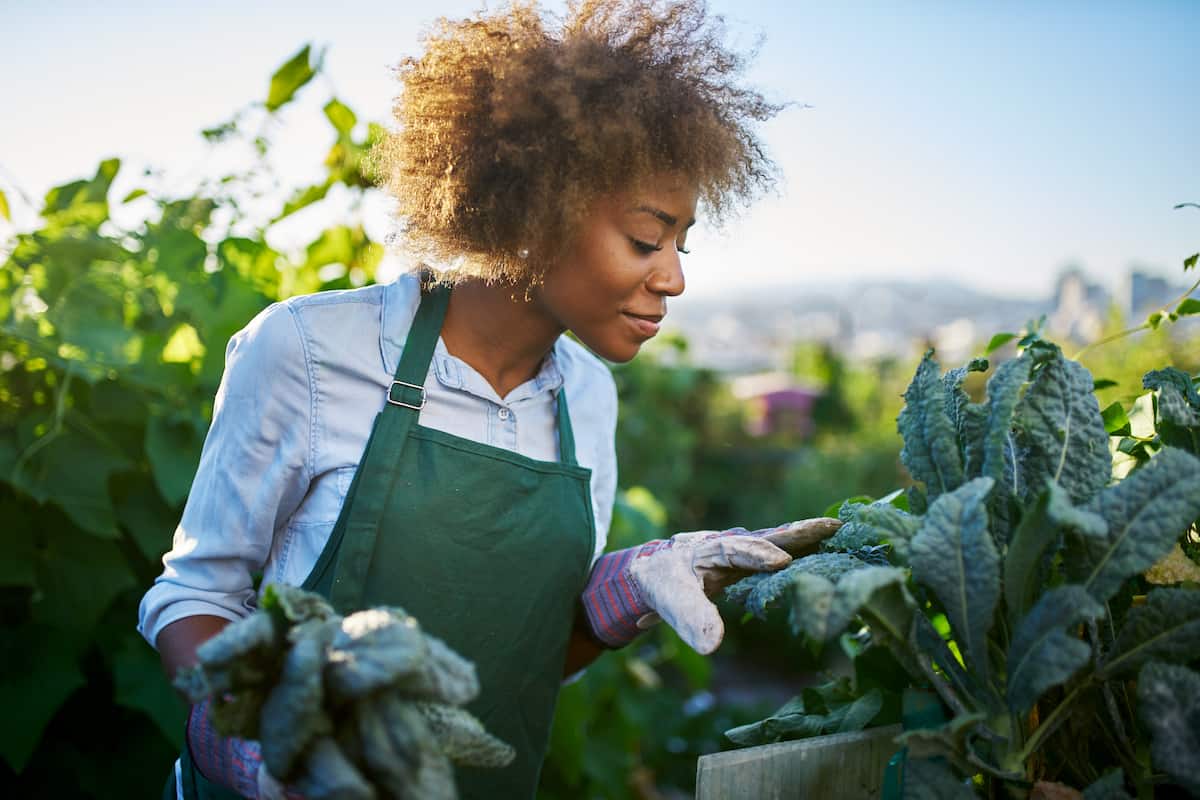
5 Ways Gardening Can Help Your Mental Health
November 14, 2022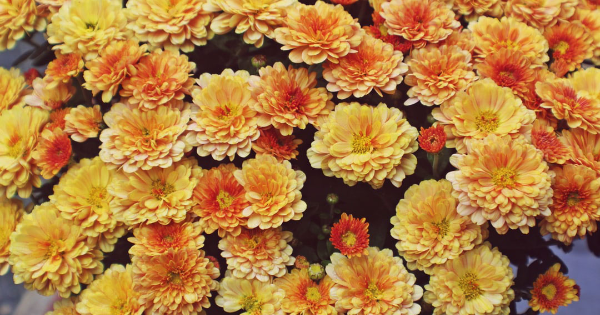
3 Factors to Consider When You Plant Flowers
February 21, 2023Planting vegetable plants to harvest to feed yourself and your family can be very satisfying. It can also be a great way to save money and growing your vegetables can be easier than you think. One of the most frequently asked questions about vegetable gardening is how much space is needed to grow your vegetable plants. Here are some estimates for you.
You Can Go Small
You may think that having a food garden is out of the question if you live in an apartment. The fact is you can grow quite a bit of food in containers. Tomatoes thrive in containers, strawberries can be grown in hanging baskets, and pepper plants can be grown in containers as well, as can many other plants. You don’t have to have a large plot of land to grow your food. You may have to get creative, but even if you live in an apartment, it is possible to have a highly productive food garden.
You Can Go Average
According to published stats by MNN, in the United States, the average food garden is 600 feet. A 600-square-foot garden could feed a family of three for a year. It is estimated to feed each family member for a year, you would need 200 square feet of garden space per family member. A family of four would require an 800-square-foot garden.
You Can Go Big
Of course, if you are a vegetarian, the number of square feet per person grows exponentially. It is estimated to grow enough food for a completely vegetarian diet for a year you would need 4,000 square feet of space for your garden. Even if you are not completely vegan or vegetarian, you can still profit immensely from having such a large and prosperous garden.
How To Get The Most Out of the Space You Have
One of the easiest ways to ensure that you are doing your best to utilize the space you have is to plant succession crops. That means you will have something planted and growing during every possible season to grow. There are cold-weather vegetable plants and warm-weather vegetable plants. As you harvest one seasonal plant, put another in the ground. This constant rotation of plants will guarantee you always have something growing and are making the most of your garden space.
Growing your vegetables is a great way to ensure your family eats healthily. Learn more about proper planting techniques by stopping into Schwartz Greenhouse. We have all your flower and gardening needs, and can help you pick out the best plants for your specific situation!


